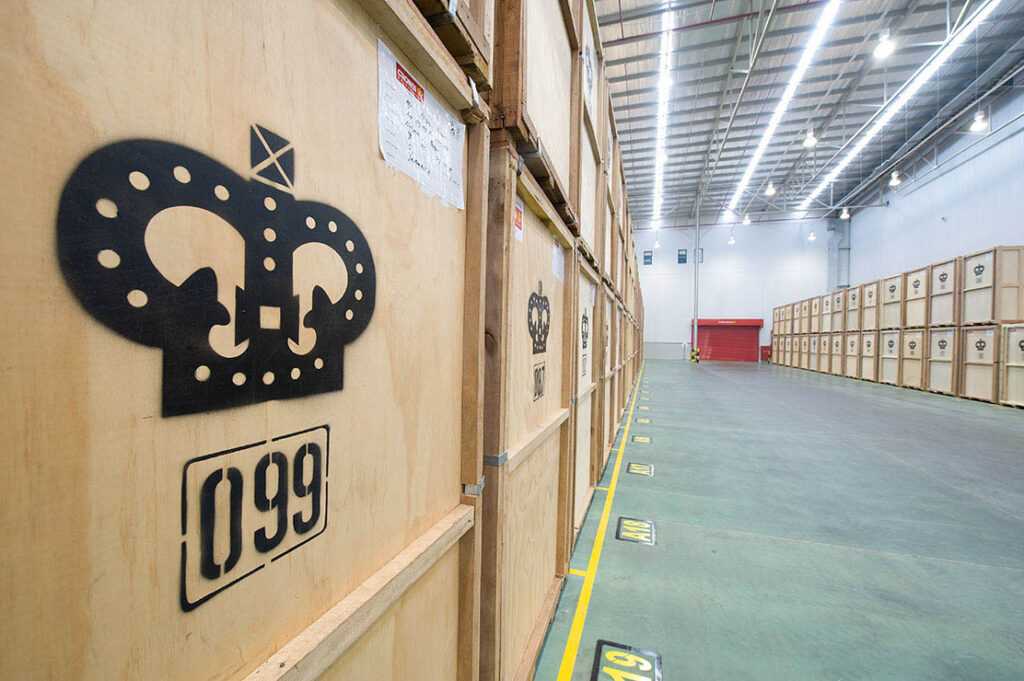Your Relocation Company
Start your journey in 5 steps
Get started by submitting your enquiry - we'll be in touch to guide you from there
-
1
Enquire
Tell us about your planned relocation, when it's happening, and what kind of help you need.
-
2
Consultation
After you submit your enquiry, a consultant will contact you to help assess your needs and next steps.
-
3
Assessment
We’ll help you determine your shipment size through an AI-assisted virtual consultation or a quick and convenient physical survey conducted by our dedicated Relocation Consultant.
-
4
Quote
We'll share your inventory and personalised quote that fits your move.
-
5
Confirmation
Once you're happy with your quote, we'll confirm the details, book your move, and get everything in place for a smooth relocation.
Protect what matters most with CrownCare
Even with expert packing and care, the journey between homes can come with risks. That’s why we offer CrownCare Transit Protection – giving you added peace of mind with comprehensive coverage for your belongings from door to door, by land, air, or sea.
Our policies cover full replacement costs on an all-risks basis and are underwritten by AXA, a global leader in transit protection. With additional options for high-value items, electronics, mold protection, and more – it’s protection that’s as thorough as our packing.






